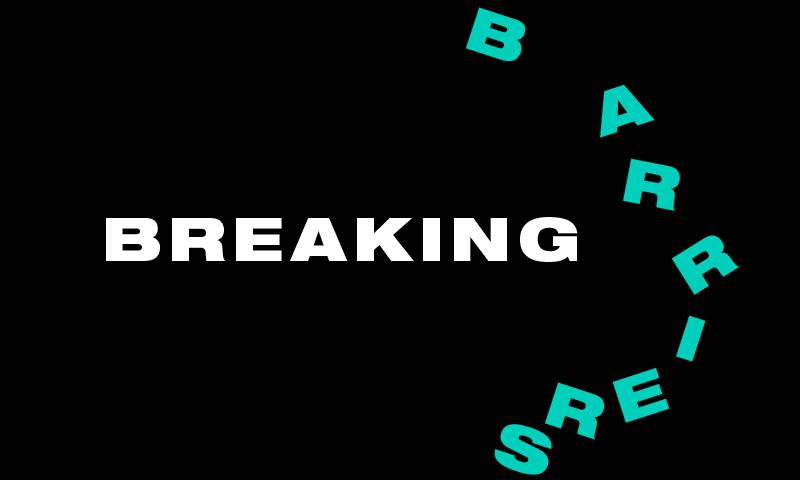Creating the space for tomorrow's professionals means tearing down the barriers between disciplines and opening dialogue on the beliefs that guide our design processes.

Dr Claire McAndrew, Dr Efrosyni Konstantinou & Mollie Claypool
Being a professional means being able to sensibly “judge and choose the ends of work”. It requires an overall understanding of the real issues – the ethical matters, moral questions, social and political concerns – that are involved in one's practice, in context. In building terms, this demands a discourse that starts with design through to the management of the project and the eventual ‘life’ of the building.
The political, intellectual and moral implications of the work of architects, digital innovators and project managers, by definition, extend beyond boundaries. However, the level of specialisation that different disciplines entail frequently becomes a barrier in this quest towards a deep appreciation of the complexities of practice as it is performed. The meaning and importance of the project for the user in society, the professional themselves, and other stakeholders – suppliers, regulators and political leaders – as well as the norms and values of the society in which the project is embedded and which the professional embodies, are changing and dynamic. As a result, the boundaries at the beginning of any learning experience that allow one to focus on one’s discipline, and to understand and critically evaluate its practices, need to be progressively torn apart as studies progress.
The production of the built environment has many stakeholders; their relationship to one another is complex and often in contradiction, due to differences in social, political or economic position. It is important to enable educational experiences that keep this awareness at the forefront of the discussion across disciplines, embedding equitable and democratic processes into our design methodologies, conversations and debates. This way we can be more concerned with how to educate, and thus produce knowledge that is concerned with providing for the greater good of all stakeholders.
“This new type of practice ought to be focused on opening up dialogue: illuminating the beliefs that guide our practices
We need to be concerned not only with how to embed knowledge socially and politically in our work, but how to share it and understand the ethical positions of others. Digital platforms for information exchange across the lifecycle – of which there is much hype – are going to be insufficient in providing such comprehension. For this, a new future of practice is called for. One that expresses a different culture and way of thinking that is not insular or self-referential when it comes to ethics. It needs to draw attention to the nexus of connected practices that fold into one another in the creation of legacy, perhaps more critically, also paying attention to those that diverge. This new type of practice ought to be focused on opening up dialogue: illuminating the beliefs that guide our practices and instilling different forms of legacy in the buildings we design, project-manage and use.
At The Bartlett, we are united by the mantra ‘the sum is greater than its parts’. This vision is a necessary condition, a requirement and defining feature of education and learning in the faculty. This means that we have to fundamentally change the way we think about our students and our role in designing leading-edge educational and pedagogical experiences.
Dr Claire McAndrew is Director of Research at the UCL Institute for Digital Innovation in the Built Environment.
Dr Efrosyni Konstantinou is Senior Lecturer at The Bartlett School of Construction and Project Management.
Mollie Claypool is Lecturer in Architecture and Co-Director of the Design Computation Lab at The Bartlett School of Architecture.
This essay is inspired by conversations as a part of a collaboration between Unit 19 in the School of Architecture and the postgraduate taught modules, Digital Innovation: Collaborative Practice in the Institute for Digital Innovation in the Built Environment, and Project Operational Legacy in the School of Construction and Project Management.
 Close
Close

